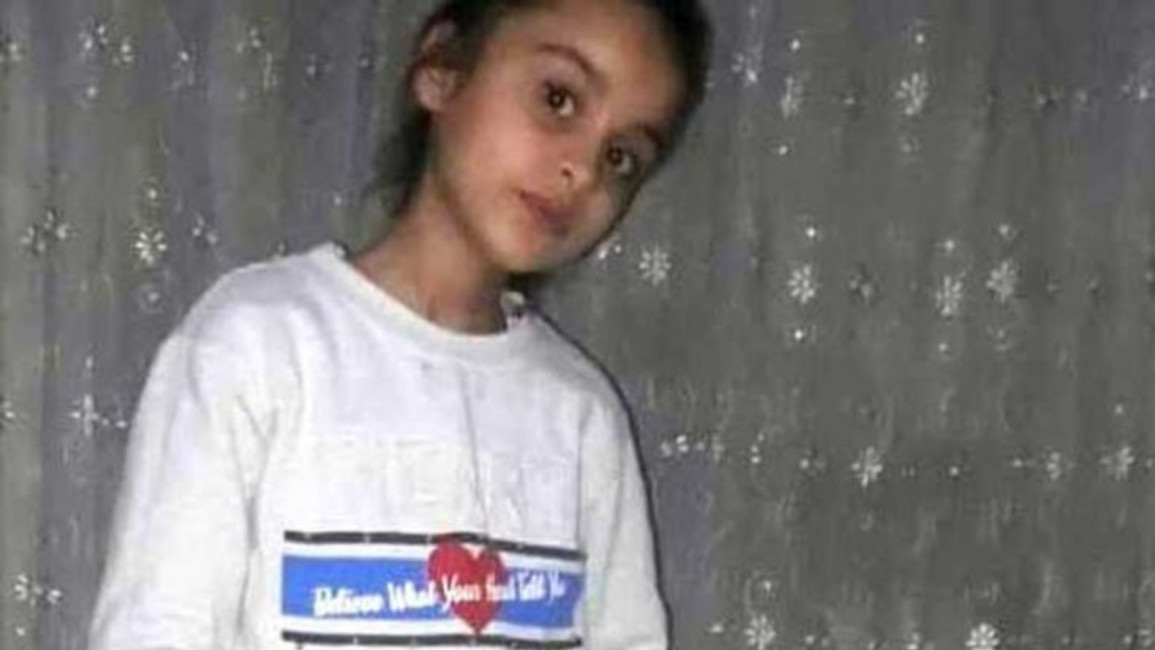Turkish domestic violence convict kills daughter after coronavirus prison release
Muslum Aslan, 33, was sent to prison last year after stabbing his wife but was released last week after parliament approved measures to reduce sentences for nearly a third of Turkey's incarcerated population.
When Aslan returned from prison to the southeastern city of Gaziantep, he traveled to the home of his wife and attempted to abscond with their three children.
Over the course of the argument, Aslan allegedly took to beating his nine-year-old daughter Ceyhan Aslan.
Aslan fled the scene after his wife, Rukiye Aslan, called the police. He was later caught by the police in a park.
Their young daughter was taken to hospital where she later died.
Ceyhan's killing has caused outrage on social media but particularly among women's rights campaigners who had warned of the dangers of releasing domestic violence offenders.
|
|
"Take immediate action to protect women and children from the violence that has been unleashed by the amnesty law," urged We Will Stop Femicide, an organisation that campaigns against violence against women.
Turkish activists have long warned of a rising number of domestic abuse incidents.
At least 474 Turkish women were murdered by men in 2019, according to We Will Stop Femicide. Those figures mark a sharp increase from 2011, when 121 women were killed. By 2017, that figure was 409, while 440 were killed in 2018.
Police data from Istanbul, the centre of the nation's coronavirus outbreak, showed that while crime decreased overall last month, domestic violence incidents increased by more than a third, as women are confined to their homes, sometimes with abusive partners.
At least 29 women were killed by men between 11 March, when Ankara reported its first coronavirus case, and the end of March, according to We Will Stop Femicide.
Reports of child abuse to a non-governmental organisation specialising in its prevention have doubled since the coronavirus outbreak, advocate Saadet Ozkan Efe said last week.
Rights organisations have pleaded for the release of prominent non-violent detainees accused of links to terrorist organisations, including former Kurdish opposition leader Selahattin Demirtas and journalist Ahmet Altan, both of whom have health problems which put them at a greater risk from the novel coronavirus.
Follow us on Facebook, Twitter and Instagram to stay connected



